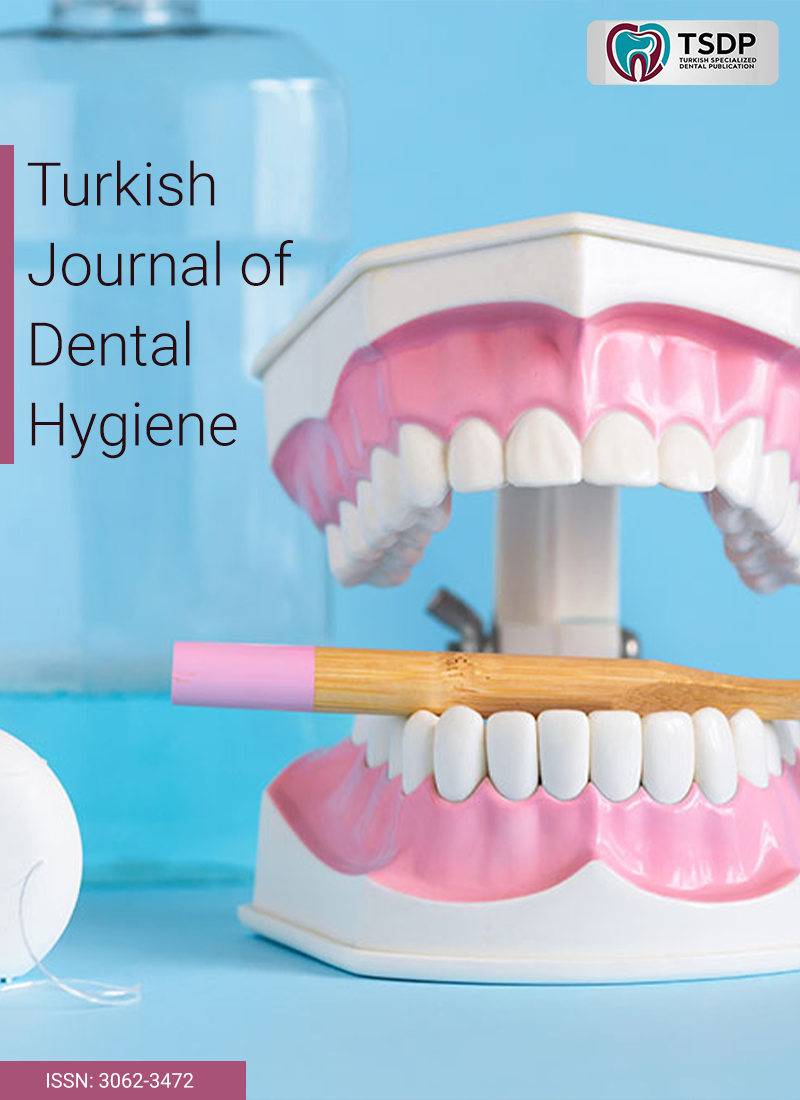
Dental implants are predominantly made from commercially pure titanium (cp-Ti) and Ti-6Al-4V alloys, both of which demonstrate impressive clinical success rates, reaching up to 99% over 10 years. However, the surfaces of these implants can degrade over time, potentially leading to the development of mucositis and peri-implantitis. This systematic review examines the effects of fluoride exposure and pH changes on titanium corrosion. Following the PRISMA guidelines, the review incorporated in vitro studies published in English that evaluated how different pH levels and fluoride concentrations affect the corrosion of titanium discs. The initial search yielded 358 articles, and after applying the inclusion criteria, 6 studies were selected for analysis. The review focused on titanium ion release, surface roughness, discoloration, gloss changes, and open circuit potential (OCP). The findings showed that titanium ion release, surface roughness, discoloration, and gloss deterioration increased with decreasing pH and higher fluoride concentrations. In addition, OCP values dropped as fluoride levels rose and the pH became more acidic. Therefore, the interaction between pH and fluoride concentration plays an important role in titanium corrosion, with lower pH levels requiring less fluoride to trigger corrosion. This corrosion process may contribute to the development of peri-implantitis.